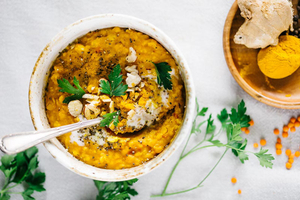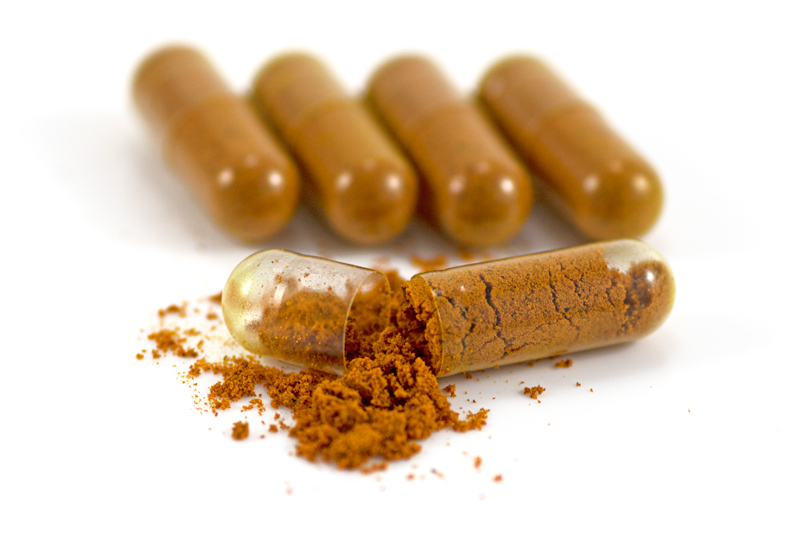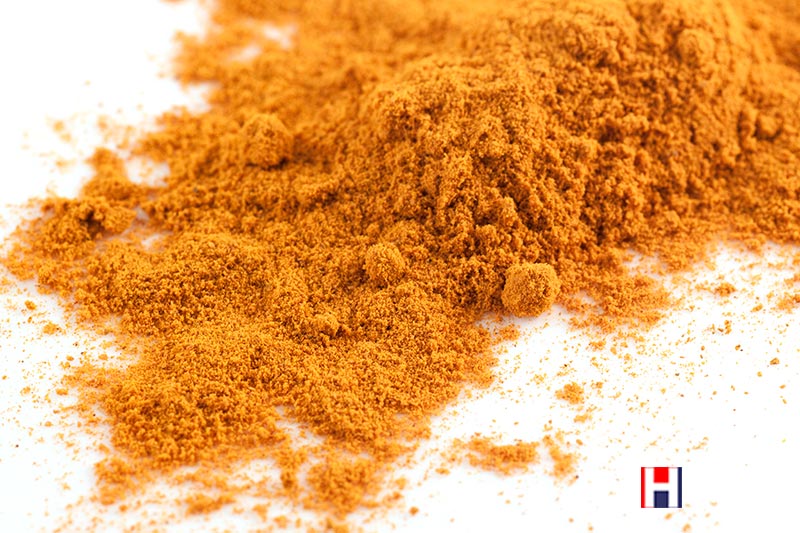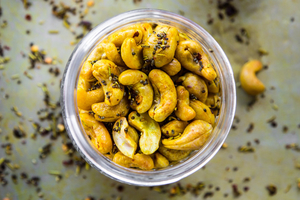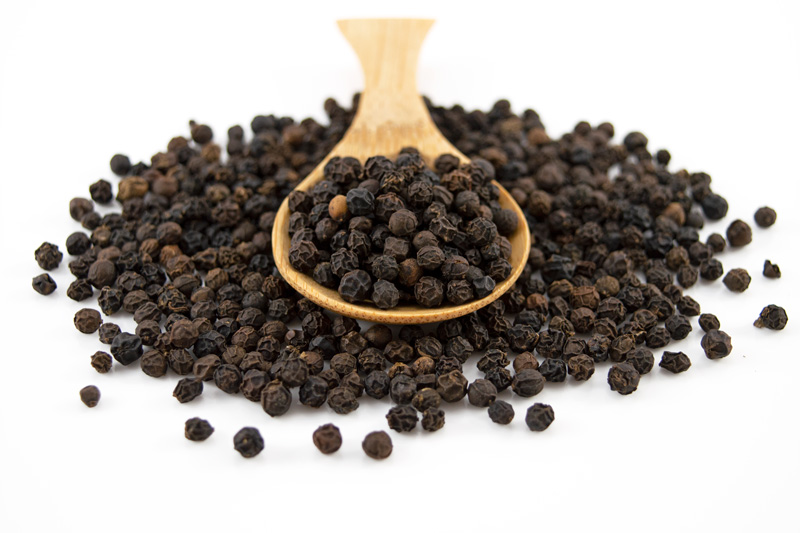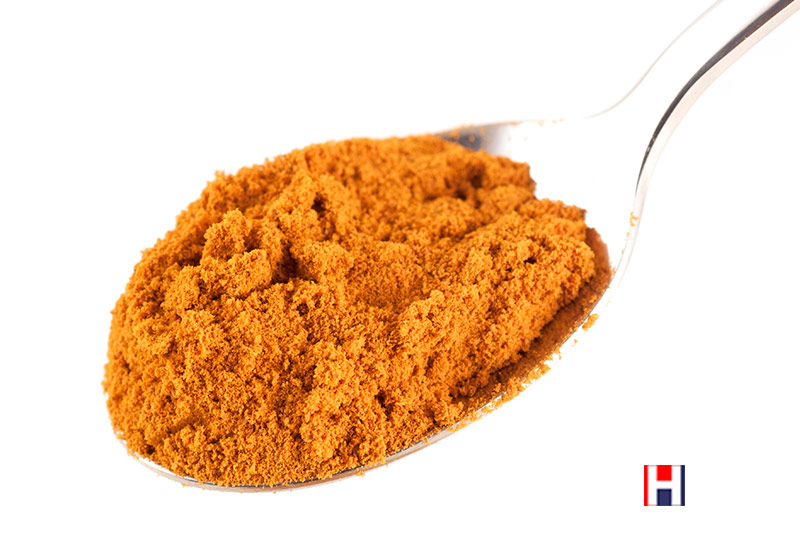The Stunning Health Benefits of Turmeric
As rates of chronic disease rise across the planet, due in large part to increasing amounts of humans eating a more Western diet, drug companies churn out expensive new medications which come with dizzying lists of horrible side effects. Wouldn’t it be great if there was something cheap in your kitchen cupboard which had been proven effective at preventing and limiting the effects of many of these diseases, with no other side effects than staining your T-shirt?
Food that is heavy on calories but light on nutrition, and high in saturated fats, refined carbohydrates and sugar, plays a large part in the onset of Crohn’s disease, Alzheimer’s disease, cirrhosis of the liver, diabetes, cancer and many other illnesses. Plant foods are full of amazing compounds that can be stunningly effective at giving a powerful boost to our health – from epigallocatechin in green tea and resveratrol in peanuts to isothiocyanates in broccoli and rutin in apples, the compounds (or ‘polyphenols’) protect us by strengthening our body’s defences against all sorts of debilitating conditions. Very few of these, though, have such profoundly health-giving powers as those found in turmeric, a plant whose rhizomes are dried and ground to make turmeric powder.
So let’s take a closer look at this golden wonder….
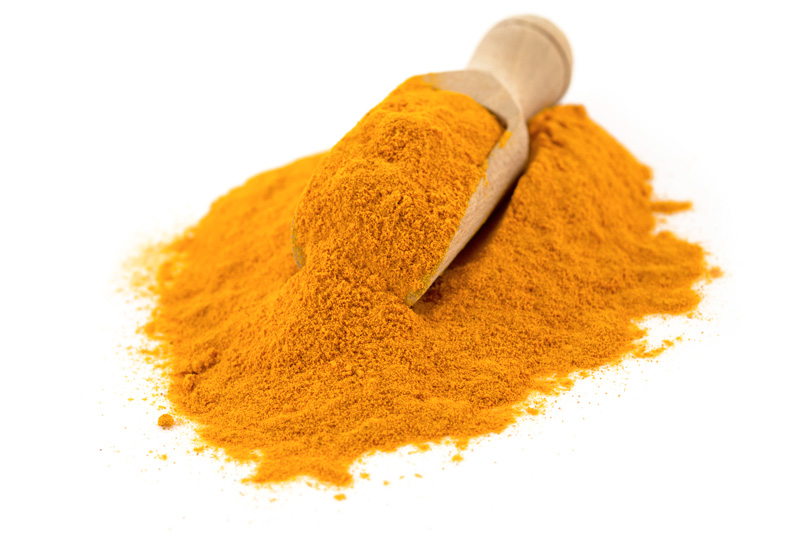
It's an incredibly powerful anti-inflammatory
As well as being packed with antioxidants, the anti-inflammatory properties of turmeric are well-documented, and many studies have shown it’s unusually effective at reducing inflammation, which is the pre-cursor to many chronic diseases. This is in large part to a polyphenol called curcumin, which gives turmeric its deep, resonant sunshine yellow colour. In a 2005 medical study, it was given to patients with ulcerative proctitis and Crohn’s disease, both inflammatory diseases of the digestive tract, and it improved conditions for all the proctitis patients and 80% of the Crohn’s patients, to an extent where a large majority of them were able to reduce their prescribed medications.[1] A 2006 medical trial concluded that curcumin therapy led to significant reduction in symptoms of inflammatory bowel disease, and labelled it effective and safe.[2] Another study published in August 2021 showed that the curcumin in turmeric significantly decreased inflammation of the nerves around the spine in patients with chronic pain.[3]
It's really brilliant for diabetics
In a large, double-blind, placebo-controlled medical trial carried out in Thailand in 2012, subjects with pre-diabetes (a condition that leads to type 2 diabetes) were randomly assigned to receive either curcumin or placebo capsules for 9 months. After this time, while a sixth of patients in the placebo group had gone on to develop full diabetes, not one of the curcumin group had developed the condition.[4] Researchers found the curcumin had stimulated the function of beta cells, which produce and secrete insulin, the hormone responsible for regulating levels of glucose in the blood. A review of all the medical literature on the subject carried out in 2013 confirmed the important role of curcumin in the prevention and treatment of diabetes and its associated disorders.[5]
It has awesome cancer-fighting properties
Scientists working at the University of Texas in 2009 found that curcumin safely, cheaply and effectively selects and kills cancer cells without damaging healthy tissue, and is free from the awful side effects of several cancer medications. They found it inhibits the proliferation and survival of almost all types of tumour cells.[6] A study on curcumin’s efficacy against cancers of the gastrointestinal tract, including pancreatic, gastric, colorectal, oral and oesophageal cancer, found it has a crucial function in preventing cancer spreading to other parts of the body.[7] A trial carried out in 1992 on smokers showed that supplementing with turmeric led to much lower levels of cancer-promoting mutagens in their urine compared to a control group.[8]
Rheumatoid arthritis is a crippling disease particularly prevalent amongst the elderly. It’s a long-term autoimmune condition that causes pain, swelling and stiffness in the joints. It’s commonly treated with diclofenac sodium, which can reduce swelling and pain, but comes with side effects such as stomach pain, rashes and feeling or being sick. Patients who took curcumin in a randomised control trial in 2012 saw significantly better effects on reduction of swelling, tenderness and disease activity than those who took diclofenac sodium, but without any of the associated side effects.[9] Patients taking a curcumin-based supplement for 3 months in another study reported that their pain and stiffness went down by a whopping 58% compared to a control group.[10]
Oxidative damage and inflammation both play a role in Alzheimer’s disease, and turmeric has superb effects on both of these. Patients treated with turmeric in 2012 showed a big decrease in their symptoms – apathy, anxiety, agitation and irritability all declined significantly, relieving the burden on their carers to a noticeable extent. They were able to engage once again in skills which had slipped out of their grasp, such as knitting – and after a year they were able to recognise family members again too. Incontinence also cleared up, and cognition and happiness levels improved as well.[11] Interestingly, the same effects were not achieved with curcumin alone, suggesting that it’s the range of all the many phytonutrients present in turmeric working together that produces such brilliant effects for Alzheimer’s patients.
Piperine, the main active ingredient found in pepper, increases the bioavailability of the beneficial compounds found in turmeric, meaning the fantastic effects it can confer on us are massively boosted. Piperine can improve turmeric absorption in the body by a stunning 2,000%, helping our bodies take in the valuable micronutrients it contains far better. This is why you’ll often see turmeric and black pepper together. It doesn’t only work with turmeric though – piperine boosts the bioavailability of a huge range of helpful things such as calcium, iron and zinc too. Luckily, turmeric and pepper are both ingredients commonly found in curries – so cooking dishes with these two together is always a great idea!
Multiple studies have shown that turmeric is significantly effective against a range of diseases, and common to all of these studies have been the safety, tolerability, and non-toxicity of this amazing spice. And let’s not forget, using more turmeric usually means you get to eat more curries – so it’s a win-win situation! Check out our briliant range of turmeric here.
[1]https://pubmed.ncbi.nlm.nih.gov/16240238/
[2]https://www.cghjournal.org/article/S1542-3565(06)00800-7/fulltext
[3]https://www.ncbi.nlm.nih.gov/pmc/articles/PMC8397941/
[4]https://www.ncbi.nlm.nih.gov/pmc/articles/PMC3476912/
[5]https://www.ncbi.nlm.nih.gov/pmc/articles/PMC3857752/
[6]https://www.ncbi.nlm.nih.gov/pmc/articles/PMC2758121/
[7]https://www.ncbi.nlm.nih.gov/pmc/articles/PMC8386020/
[8]https://pubmed.ncbi.nlm.nih.gov/1579064/
[9]https://pubmed.ncbi.nlm.nih.gov/22407780/
[10]https://pubmed.ncbi.nlm.nih.gov/20657536/
[11]https://www.ncbi.nlm.nih.gov/pmc/articles/PMC3665200/

